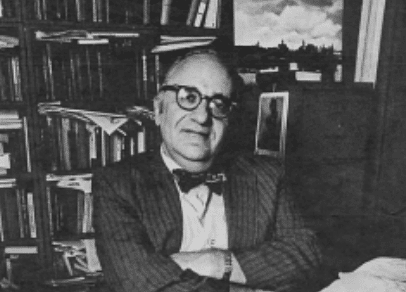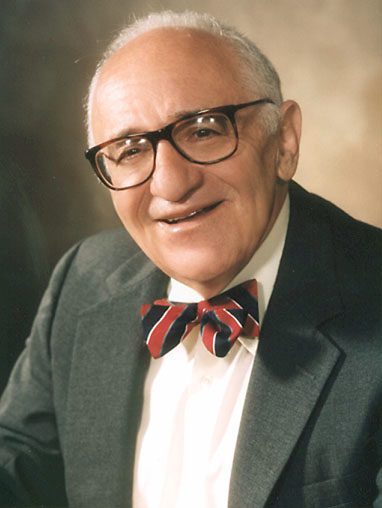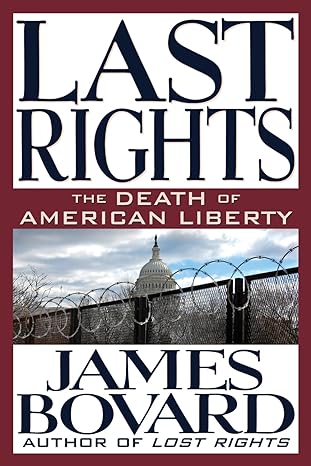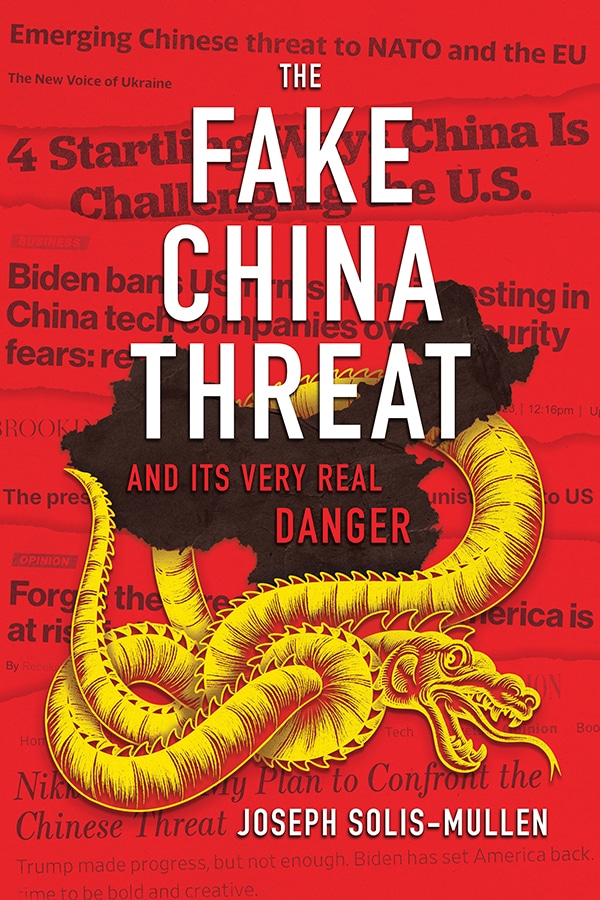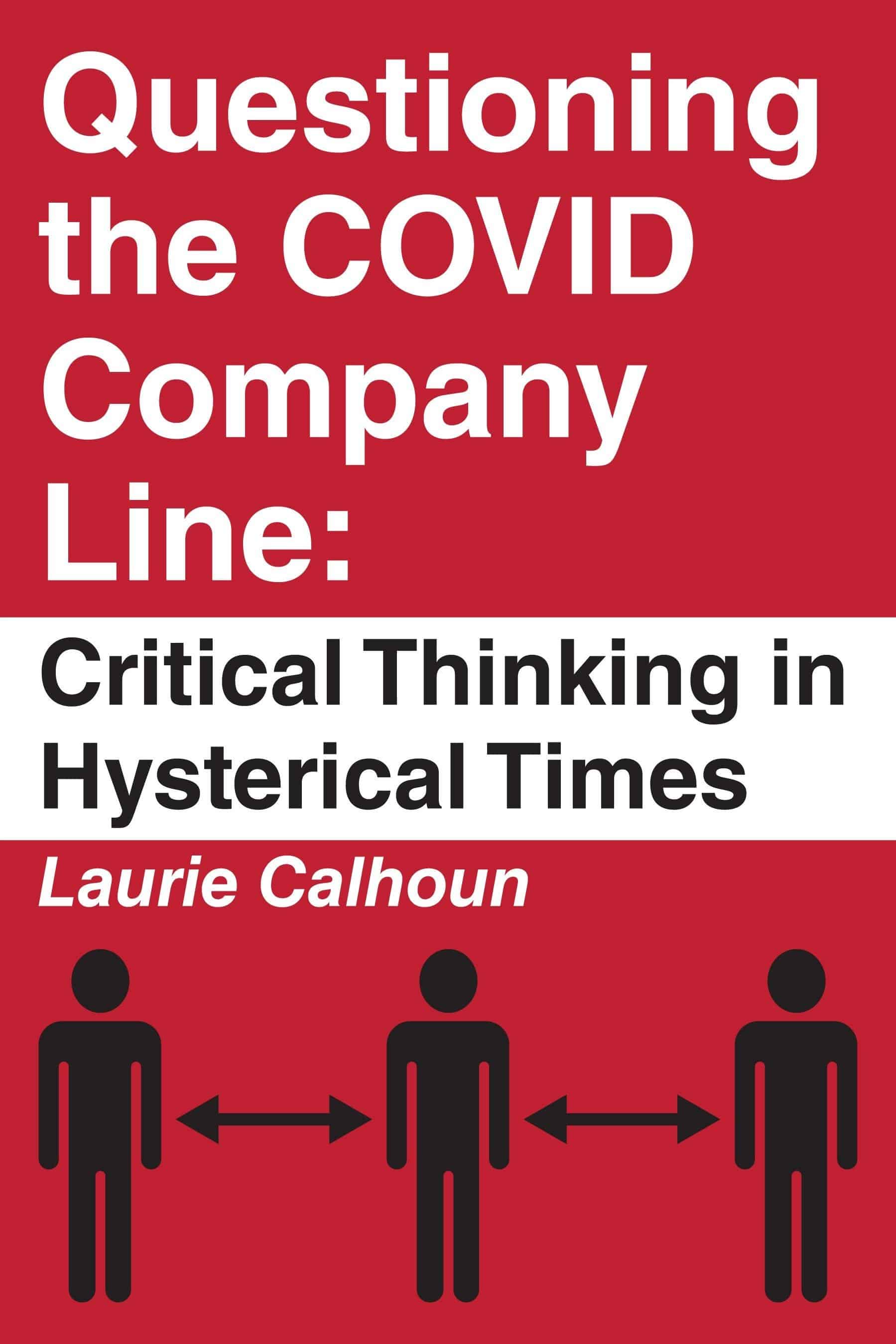Originally published at "The Massacre" in The Libertarian Forum, October 1982. All other news, all other concerns, fade into insignificance beside the enormous horror of the massacre in Beirut. All humanity is outraged at the wanton slaughter of hundreds of men (mainly elderly), women, and children in the Palestinian refugee camps of Sabra and Shatila. The days of the massacre— September 16 to 18—shall truly live in infamy. There is one ray of hope in this bloodbath: the world-wide outrage demonstrates that mankind’s sensibilities have not, as some have feared, been blunted by the butcheries...



